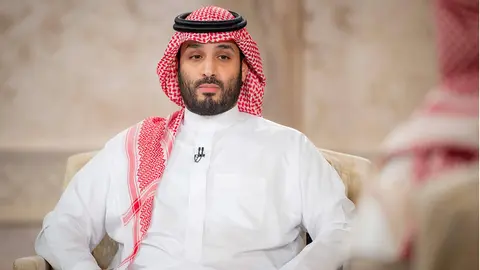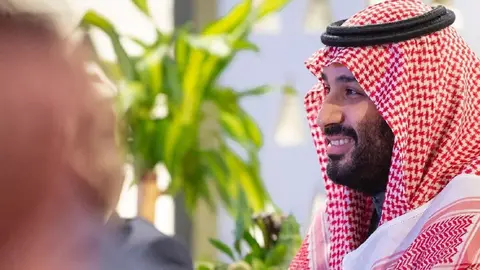Saudi Arabia's agenda

The steps taken by Saudi Arabia in all political, economic, social and diplomatic spheres, and as custodian of the holy places of Islam, clearly place it as a power to be taken into account on the international stage.
In the Middle East, Saudi hegemony is more than evident. With the exceptional economic and financial backing of oil, the opening of relations with world powers such as China and Russia, while rebuilding contacts with the United States, and the recovery of a certain degree of normality with Iran and the advanced prospect of establishing relations with Israel, the Crown Prince of the Kingdom and current top leader, Mohammed bin Salman, is one of the most relevant and influential actors.
Saudi Arabia is extensively developing the 2030 Agenda drawn up by bin Salman with the aim of ensuring diversified revenues in various sectors that will allow the country to maintain its standard of living and development. The image conveyed by the political, economic and social evolution of the Saudis goes beyond the traditional image of petrodollars and is based on the parameters of modernity.
Beyond the notoriety provided by its commitment to football as a way of arousing the interest of millions of people around the world in the changes that daily life is undergoing on its soil, the reality of Saudi interests can be centred on investments in international companies in technology, communications, information technology, research, space, agri-food, water and health, to name but a few. Not to mention its obsession with improving infrastructures and transport, which reached a crucial point with the high-speed train.
The investment in Telefónica has caused some surprise due to the discretion with which it has been made, but it should be focused on the strategy of investment diversification rather than on supposed risks to national security in Spain, which will have to be avoided through negotiation based on professional concepts and not on self-interested ideological clichés. The excellent relationship between the two Royal Courts should be a key element in guaranteeing trust and security between the two countries.
At the moment, we find Bin Salman reconciled in the economic and commercial sphere with the United States, whose place in the region was partly taken by China after Washington's departure, more dedicated to Southeast Asia. And in an interview on FOX he warned Iran that, if it gets a nuclear weapon, Saudi Arabia will also have one with US and Pakistani support. As a new member of the BRICS, the relationship with India is a challenge, as is reducing oil production to raise the price, in agreement with Russia. This is Saudi Arabia and Bin Salman's own agenda.



